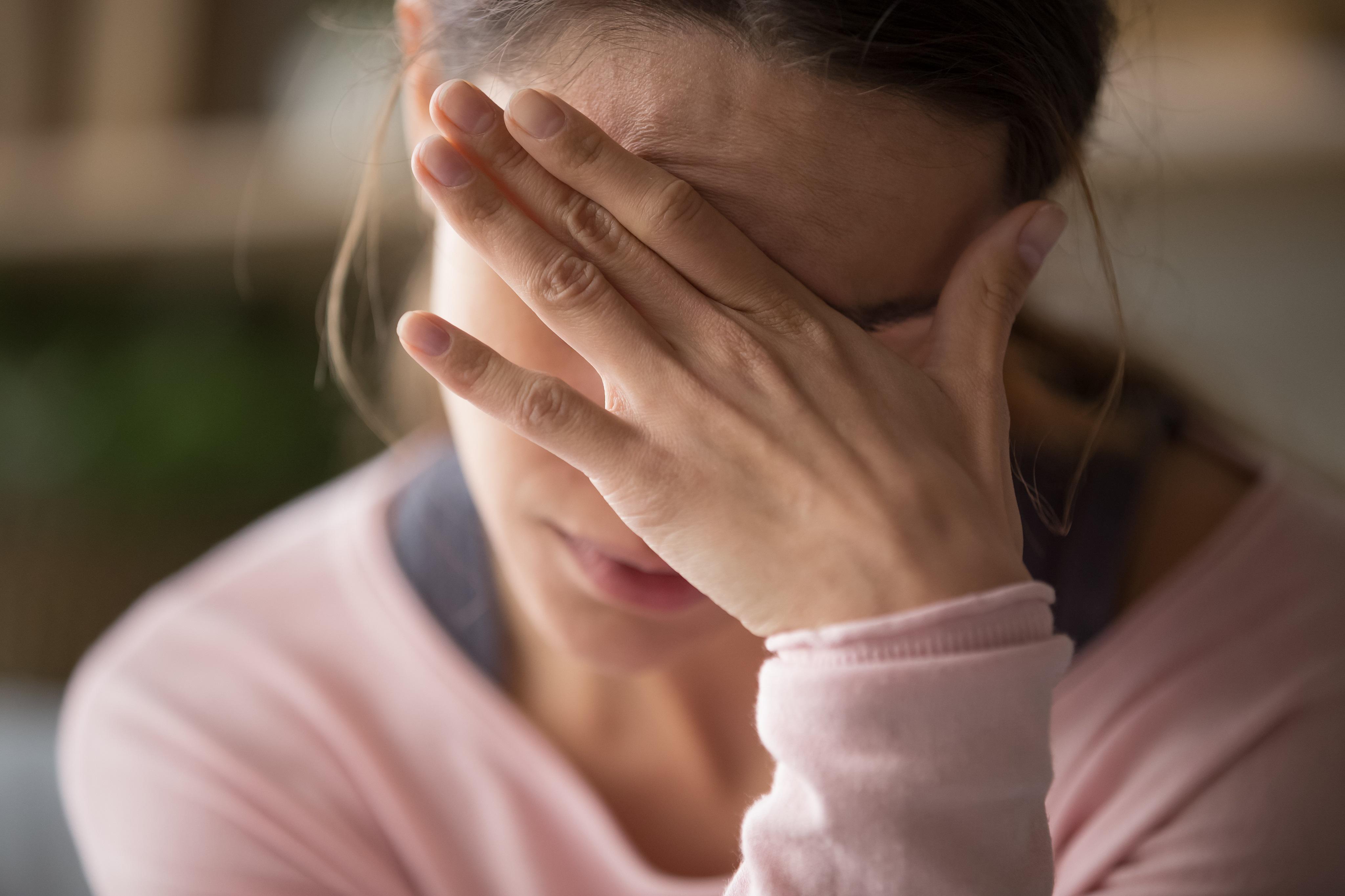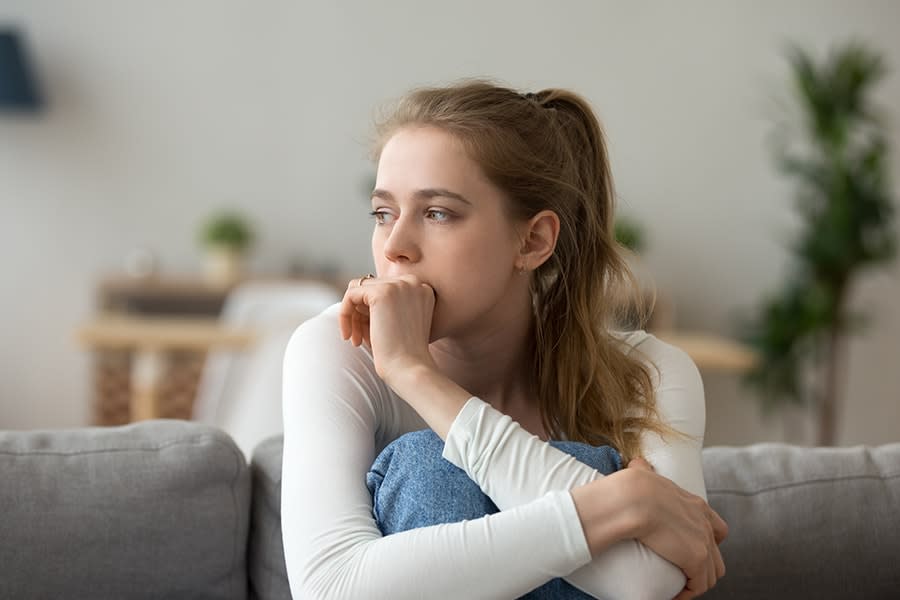Anxiety has become increasingly common among young adults, with significant growth in the number of people experiencing anxiety symptoms over the last decade. The transition from adolescence to adulthood comes with a unique set of challenges, including academic pressures, social changes, career decisions, and the increased use of social media. These factors have all contributed to the rise in anxiety among young people.

Statistics show that anxiety disorders are now the most prevalent mental health issue among young adults. According to the National Institute of Mental Health, nearly 1 in 3 young adults aged 18-25 experiences some form of anxiety disorder. This high rate of prevalence is concerning, as it highlights the mental health challenges facing today’s youth. With the rapid changes in technology and the effects of the COVID-19 pandemic, the level of anxiety among this age group has surged even further, making it crucial to understand and address these issues.
Factors Contributing to Increased Anxiety
Several factors are contributing to the increasing rates of anxiety among young adults. Academic pressure is one of the major contributors, with many students facing high expectations to perform well and secure a stable future. The competitive nature of education and the fear of failure often result in chronic stress and anxiety.
Another contributing factor is the uncertainty surrounding career choices and employment. In today’s fast-changing job market, young adults often feel overwhelmed by the pressure to find a stable and fulfilling career. This uncertainty, coupled with rising student debt, creates additional stress that can lead to anxiety.
Social media has also played a significant role in the rising anxiety levels among young adults. The constant exposure to idealized images and lifestyles on platforms like Instagram and TikTok can lead to feelings of inadequacy and self-doubt. Comparing oneself to others, fear of missing out (FOMO), and cyberbullying are some of the issues exacerbated by social media, ultimately impacting the mental health of young people.
Additionally, recent anxiety statistics reveal that young adults are more likely to experience anxiety due to economic instability and societal issues such as climate change. The fear of an uncertain future and global challenges can significantly contribute to chronic anxiety, impacting overall well-being and quality of life.

The Effects of Anxiety on Young Adults’ Lives
The effects of anxiety on young adults extend beyond mental health, affecting their physical health, relationships, and overall quality of life. Anxiety can lead to physical symptoms such as headaches, digestive issues, and fatigue, which can hinder daily activities. Many young adults with anxiety also experience difficulty concentrating, affecting their academic performance and ability to work efficiently.
Relationships can also suffer due to anxiety. Young adults may find it challenging to form and maintain meaningful connections, as anxiety often leads to social withdrawal and fear of judgment. This can result in a sense of isolation, further worsening their mental health.
Moreover, anxiety can impact decision-making abilities, leading to procrastination or avoidance of important life choices. The fear of failure or making the wrong decision can be paralyzing for many young adults, resulting in a lack of progress in their personal and professional lives.
Addressing Anxiety in Young Adults
To address the growing anxiety crisis among young adults, it is essential to provide support and resources to help them manage their symptoms. Mental health awareness initiatives in schools and universities can play a significant role in helping young people understand anxiety and seek help when needed. Encouraging open conversations about mental health and reducing stigma can create a supportive environment where individuals feel comfortable discussing their struggles.
Therapeutic interventions such as cognitive-behavioral therapy (CBT) have proven effective in treating anxiety. CBT helps individuals identify negative thought patterns and develop coping strategies to manage their symptoms. Mindfulness practices, such as meditation and yoga, can also be beneficial in reducing anxiety and promoting relaxation.
Young adults should also be encouraged to adopt healthy lifestyle habits, such as regular exercise, a balanced diet, and adequate sleep. These practices can have a positive impact on mental health and help reduce anxiety levels. Limiting social media use and focusing on face-to-face interactions can also help young people build stronger connections and reduce the negative effects of online comparison.
By addressing the factors contributing to anxiety and providing effective coping mechanisms, it is possible to help young adults navigate this challenging period of their lives with greater resilience and confidence.
Arthur A. Hughes is a seasoned writer and passionate enthusiast of the online gambling industry. With years of experience in writing about casinos, games, and industry trends, Arthur brings a wealth of knowledge and expertise to his work. His dedication to providing insightful and engaging content has earned him a reputation as a trusted authority in the world of online gambling.

